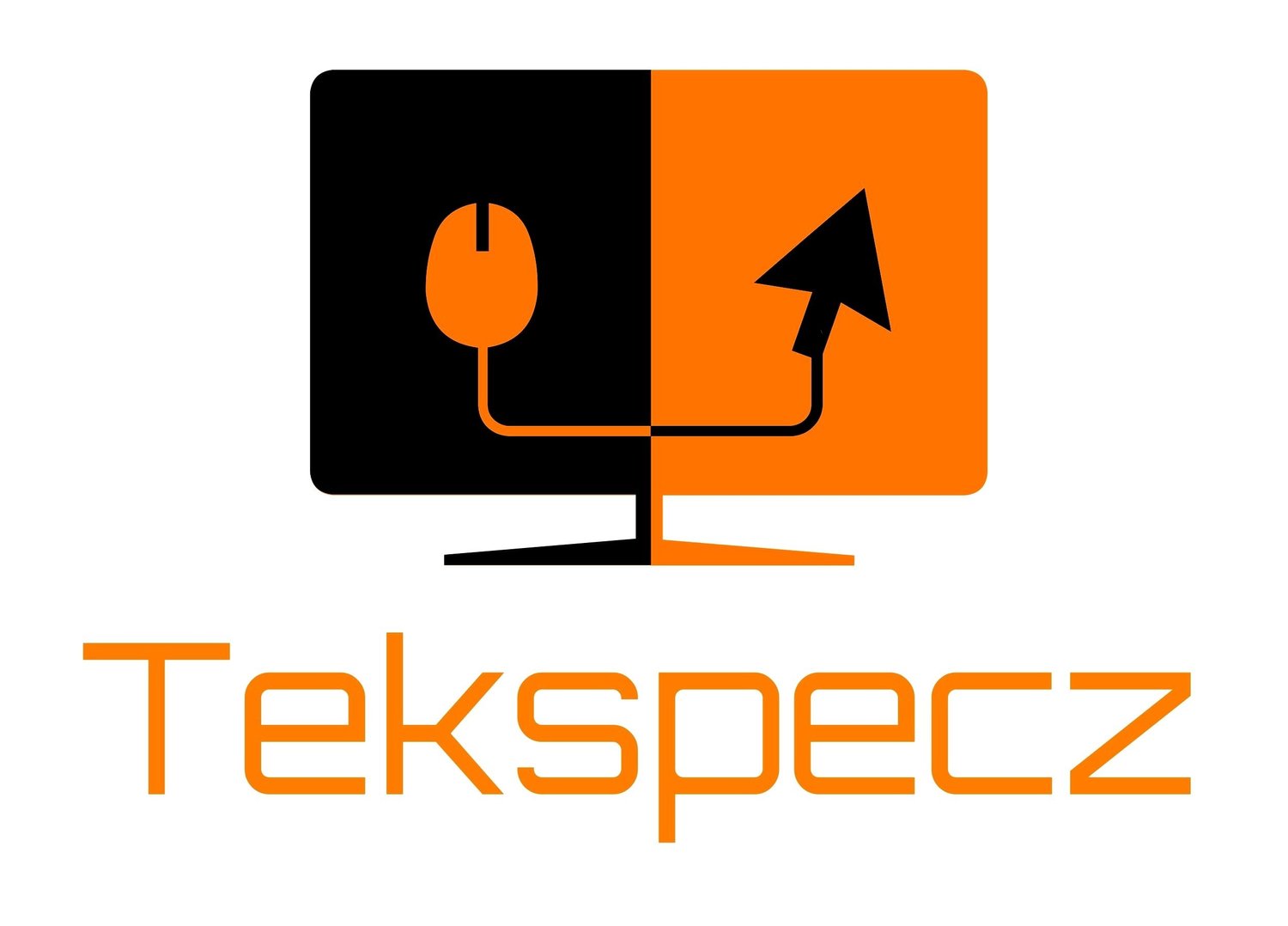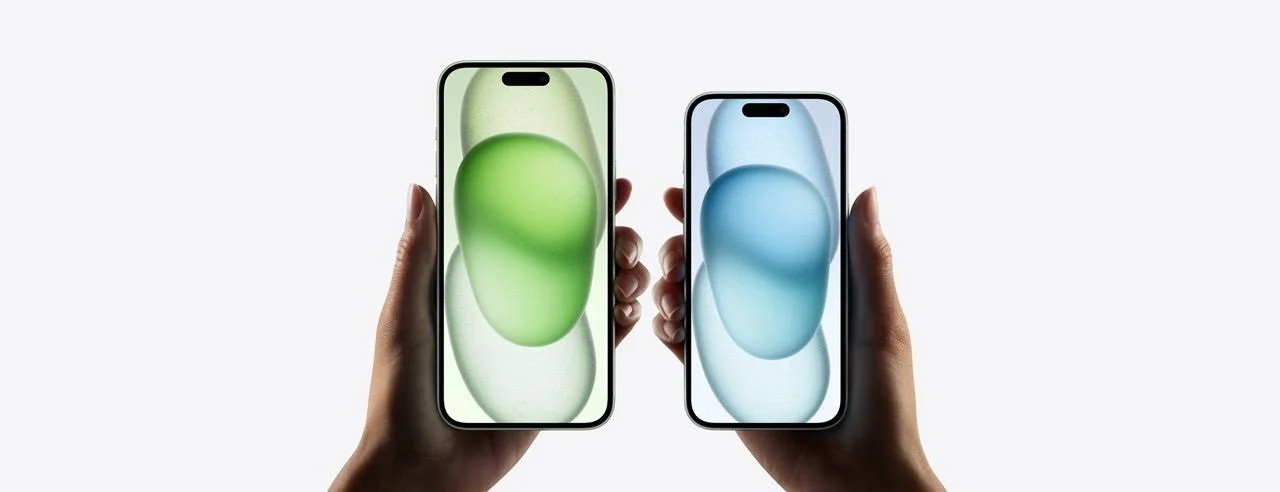Apple is reportedly engineering an LLM for the iPhone; Here's what you need to know
Apple, once known for its innovation in hardware and software, is now venturing into the world of artificial intelligence ( better known as AI) with its own LLM designed specifically for iPhones. Here's what we know so far.
According to recently published statistics, the iPhone's sales declined during the first three months of 2024, which is popular with US consumers. The company is turning to AI as a solution to rectify this issue. According to the Bloomberg report, Apple aims to boost iPhone sales by embracing AI technology.
As part of this initiative, Apple is developing its version of a large language model (LLM) running entirely on-device. These AI features present several advantages. Firstly, they will improve response time by avoiding frequent cloud requests. The on-device LLM will significantly improve response times, eliminating awkward pauses when interacting with AI. The other advantage is that users can control privacy locally, a critical feature for the iPhone.
While Apple's move to AI will bring consumer excitement, Mark Gurman of Bloomberg notes that Apple is still significantly behind established players such as Microsoft's Bing and OpenAI. The first iteration of Apple's LLM will likely not surpass what these companies have already achieved. You may see Apple involve existing providers to ensure a positive user experience.
Apple will not focus only on generative AI features as a market strategy. The company will highlight how AI can enhance familiar everyday tasks on the iPhone.
If the reports hold true, AI on iPhones will undoubtedly be the 2024 Worldwide Developers Conference (WWDC) focal point in June. With limited room for physical design innovation, integrating AI into Apple's ecosystem makes sense. However, let's not dismiss the mixed reception Siri received when it was first introduced to iPhone users thirteen years ago, a good reason to be optimistically cautious of Apple's new venture into the AI space.





